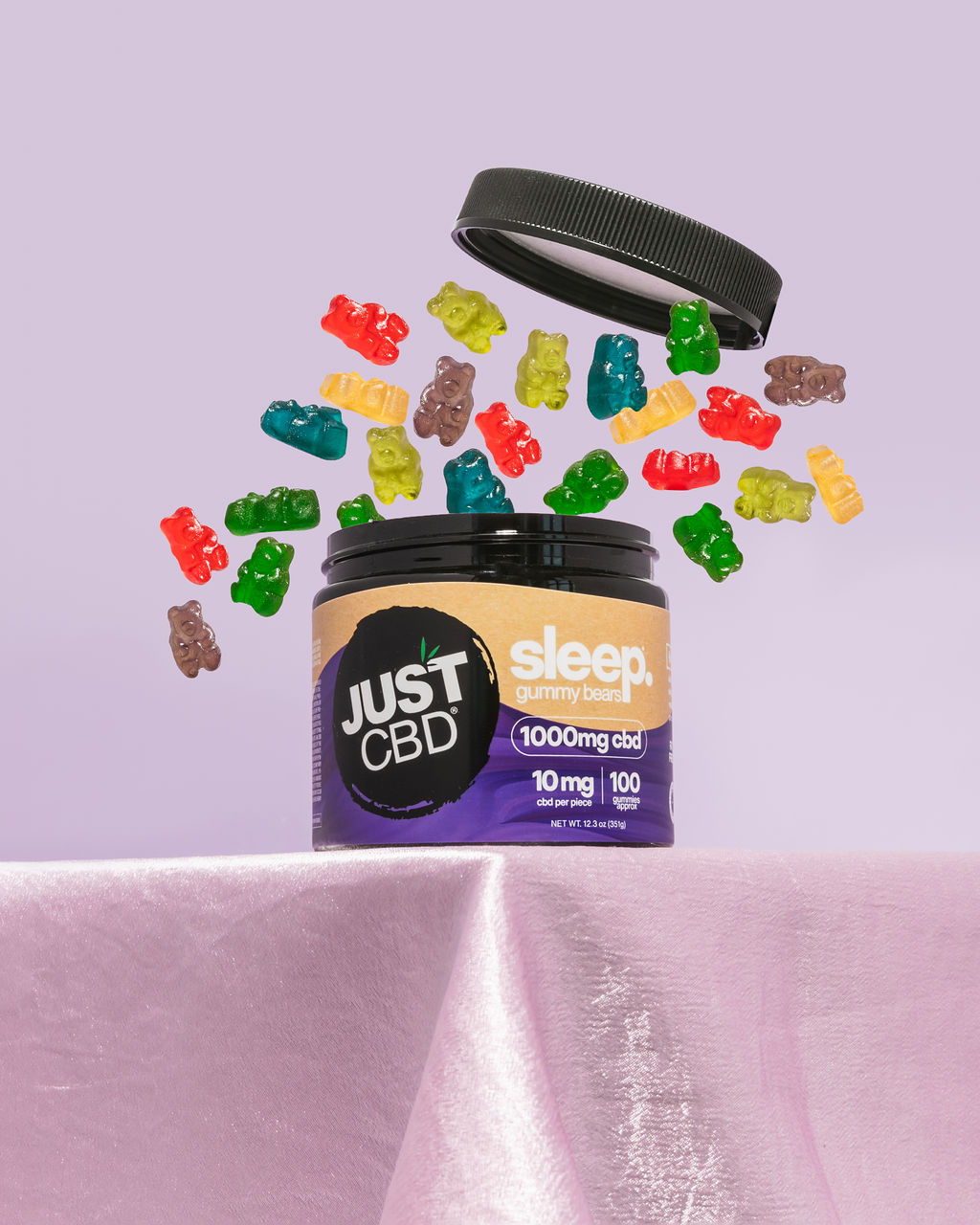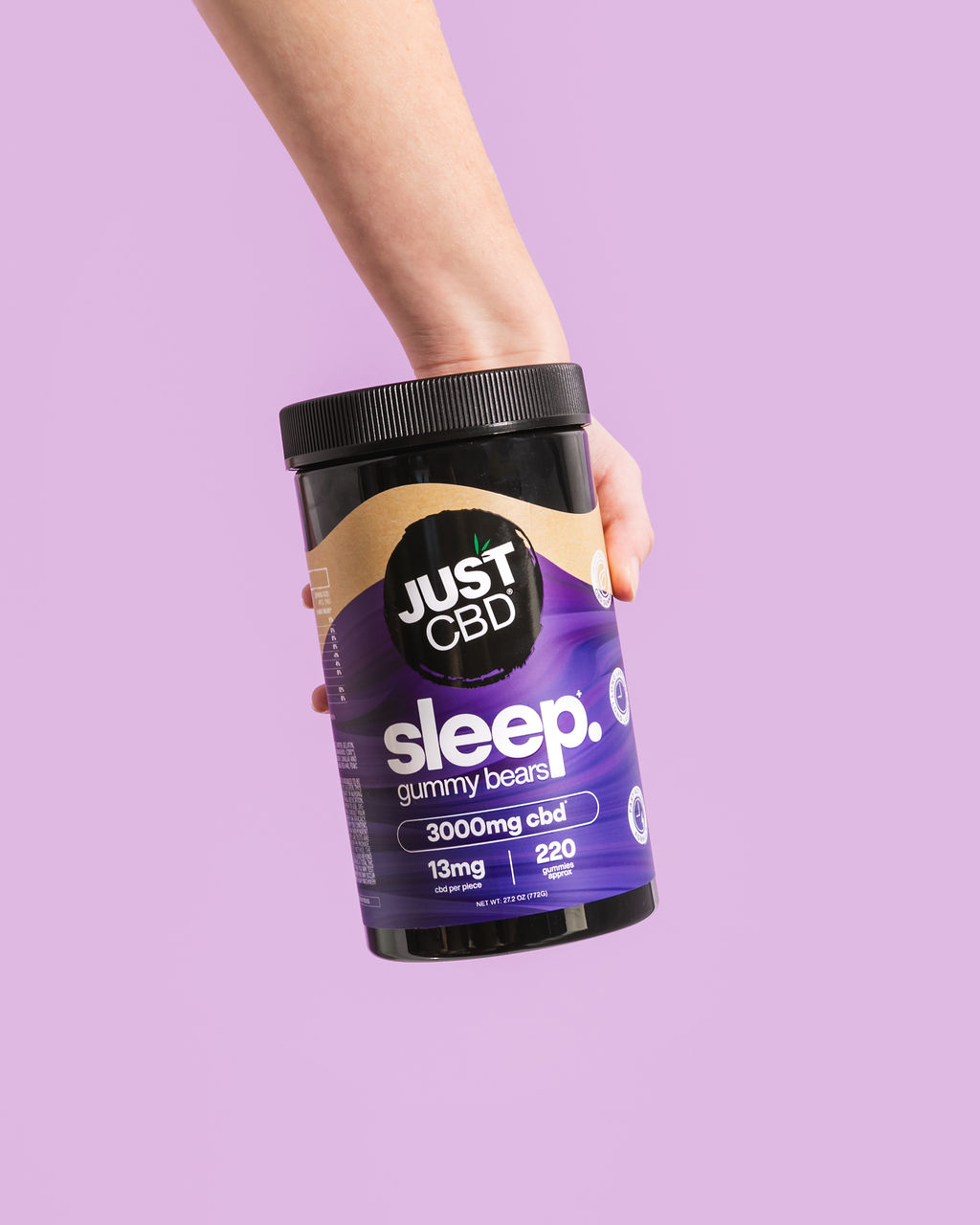Potential Benefits of Kratom for PTSD
Post-traumatic stress disorder (PTSD) is a serious mental health condition that can significantly impact an individual’s life. Symptoms like flashbacks, nightmares, anxiety, and emotional distress can be debilitating. While traditional treatments exist, some individuals seek alternative options for managing their symptoms. Kratom, a tropical plant with psychoactive properties, has gained attention as a potential complementary therapy for PTSD due to its reported ability to alleviate pain, reduce anxiety, and promote relaxation.
Symptom Management
Post-traumatic stress disorder (PTSD) is a serious mental health condition that can significantly impact an individual’s life. Symptoms like flashbacks, nightmares, anxiety, and emotional distress can be debilitating. While traditional treatments exist, some individuals seek alternative options for managing their symptoms. Kratom, a tropical plant with psychoactive properties, has gained attention as a potential complementary therapy for PTSD due to its reported ability to alleviate pain, reduce anxiety, and promote relaxation.
Kratom gummies are becoming increasingly popular as a convenient and discreet way to consume kratom. The gummies typically contain powdered or extract kratom that is mixed with gelatin and other ingredients to create a chewable form. While research on kratom’s effectiveness for PTSD is limited, anecdotal evidence suggests potential benefits.
- Pain Relief:
- Anxiety Reduction:
- Relaxation Promotion:
Reducing Anxiety and Stress
Post-traumatic stress disorder (PTSD) is a serious mental health condition that can significantly impact an individual’s life. Symptoms like flashbacks, nightmares, anxiety, and emotional distress can be debilitating. While traditional treatments exist, some individuals seek alternative options for managing their symptoms. Kratom, a tropical plant with psychoactive properties, has gained attention as a potential complementary therapy for PTSD due to its reported ability to alleviate pain, reduce anxiety, and promote relaxation.
Kratom gummies are becoming increasingly popular as a convenient and discreet way to consume kratom. The gummies typically contain powdered or extract kratom that is mixed with gelatin and other ingredients to create a chewable form. While research on kratom’s effectiveness for PTSD is limited, anecdotal evidence suggests potential benefits.
- Pain Relief:
- Anxiety Reduction:
- Relaxation Promotion:
Improving Sleep Quality
Kratom contains compounds that may interact with opioid receptors in the brain, potentially leading to pain relief. For individuals with PTSD who experience chronic pain related to their trauma, kratom could offer a natural way to manage discomfort.
Anxiety is a common symptom of PTSD, and kratom has been anecdotally reported to reduce anxiety levels. The relaxing effects of kratom may help alleviate feelings of fear, worry, and nervousness that often accompany PTSD.
Improved sleep quality is another potential benefit of kratom for PTSD sufferers. Difficulty sleeping is prevalent in individuals with PTSD, disrupting their daily lives and exacerbating symptoms. Kratom’s relaxing properties might promote better sleep patterns and improve overall restfulness.
Kratom Gummies: A Convenient Delivery Method
Kratom gummies offer a convenient and discreet way to consume kratom, a tropical plant gaining attention for its potential therapeutic benefits. These gummies typically contain powdered or extracted kratom mixed with gelatin and other ingredients, making them easy to take and conceal. While research on kratom’s effectiveness for PTSD is still limited, anecdotal evidence suggests it may be helpful in managing symptoms like pain, anxiety, and sleep disturbances.
Dosage Considerations
Kratom gummies provide a convenient and discreet delivery method for consuming kratom, a tropical plant with potential benefits for those suffering from post-traumatic stress disorder (PTSD). The gummies typically contain powdered or extracted kratom combined with gelatin and other ingredients, creating a chewable form that is easy to take.
Dosage considerations are crucial when using kratom for any condition, including PTSD. Individuals should start with a low dose and gradually increase it as needed to determine their optimal tolerance. It’s important to listen to one’s body and avoid exceeding the recommended dosage, as higher doses can lead to adverse effects such as nausea, vomiting, or dizziness.
It is essential to consult with a healthcare professional before using kratom, especially if you have any underlying medical conditions or are taking medications. Kratom may interact with certain drugs and could potentially worsen existing health issues.
Taste and Convenience
Kratom gummies are becoming increasingly popular as a convenient and discreet way to consume kratom. The gummies typically contain powdered or extract kratom that is mixed with gelatin and other ingredients to create a chewable form. While research on kratom’s effectiveness for PTSD is limited, anecdotal evidence suggests potential benefits.
Kratom contains compounds that may interact with opioid receptors in the brain, potentially leading to pain relief. For individuals with PTSD who experience chronic pain related to their trauma, kratom could offer a natural way to manage discomfort.
Anxiety is a common symptom of PTSD, and kratom has been anecdotally reported to reduce anxiety levels. The relaxing effects of kratom may help alleviate feelings of fear, worry, and nervousness that often accompany PTSD.
Improved sleep quality is another potential benefit of kratom for PTSD sufferers. Difficulty sleeping is prevalent in individuals with PTSD, disrupting their daily lives and exacerbating symptoms. Kratom’s relaxing properties might promote better sleep patterns and improve overall restfulness.
Dosage considerations are crucial when using kratom for any condition, including PTSD. Individuals should start with a low dose and gradually increase it as needed to determine their optimal tolerance. It’s important to listen to one’s body and avoid exceeding the recommended dosage, as higher doses can lead to adverse effects such as nausea, vomiting, or dizziness.
It is essential to consult with a healthcare professional before using kratom, especially if you have any underlying medical conditions or are taking medications. Kratom may interact with certain drugs and could potentially worsen existing health issues.

Scientific Evidence and Research
Scientific evidence plays a crucial role in understanding the potential benefits and risks of various substances. In the case of kratom, a tropical plant gaining attention for its purported therapeutic properties, research on its effectiveness is still limited. While anecdotal evidence suggests kratom may help manage symptoms associated with PTSD, such as pain, anxiety, and sleep disturbances, more rigorous scientific studies are needed to confirm these claims and establish safe and effective dosage guidelines.
Preclinical Studies
Scientific evidence plays a crucial role in understanding the potential benefits and risks of various substances. In the case of kratom, a tropical plant gaining attention for its purported therapeutic properties, research on its effectiveness is still limited. While anecdotal evidence suggests kratom may help manage symptoms associated with PTSD, such as pain, anxiety, and sleep disturbances, more rigorous scientific studies are needed to confirm these claims and establish safe and effective dosage guidelines.
Preclinical studies involve experiments conducted on animals or in laboratory settings to investigate the effects of a substance. These studies can provide valuable insights into how a compound interacts with the body and its potential therapeutic effects. For kratom, preclinical research has explored its analgesic (pain-relieving), anxiolytic (anxiety-reducing), and sedative properties.
However, it’s important to note that findings from preclinical studies cannot always be directly extrapolated to humans. Animal models may not perfectly reflect the complexities of human physiology and responses. Therefore, while preclinical studies can provide a foundation for further research, they are not sufficient to establish conclusive evidence about the safety and efficacy of kratom in treating PTSD or any other condition.
Human Trials and Limitations
Scientific evidence plays a crucial role in understanding the potential benefits and risks of various substances. In the case of kratom, a tropical plant gaining attention for its purported therapeutic properties, research on its effectiveness is still limited. While anecdotal evidence suggests kratom may help manage symptoms associated with PTSD, such as pain, anxiety, and sleep disturbances, more rigorous scientific studies are needed to confirm these claims and establish safe and effective dosage guidelines.
Preclinical studies involve experiments conducted on animals or in laboratory settings to investigate the effects of a substance. These studies can provide valuable insights into how a compound interacts with the body and its potential therapeutic effects. For kratom, preclinical research has explored its analgesic (pain-relieving), anxiolytic (anxiety-reducing), and sedative properties.
However, it’s important to note that findings from preclinical studies cannot always be directly extrapolated to humans. Animal models may not perfectly reflect the complexities of human physiology and responses. Therefore, while preclinical studies can provide a foundation for further research, they are not sufficient to establish conclusive evidence about the safety and efficacy of kratom in treating PTSD or any other condition.
Human trials are essential for determining the effectiveness and safety of a treatment in humans. These studies involve administering a substance to volunteers under controlled conditions and monitoring their responses. For kratom, human trials have been limited due to regulatory hurdles and concerns about potential adverse effects.
The lack of large-scale, well-controlled human trials presents a significant limitation in assessing the true benefits and risks of kratom for PTSD. Without robust scientific evidence from human studies, it remains difficult to make definitive recommendations regarding its use.

Safety Concerns and Potential Risks
While kratom shows promise as a potential complementary therapy for PTSD, it’s crucial to acknowledge the inherent risks associated with its use. Kratom contains psychoactive compounds that can interact with opioid receptors in the brain, potentially leading to adverse effects such as nausea, vomiting, dizziness, and constipation.
Side Effects of Kratom
Kratom can cause a range of side effects, some of which can be serious. These include nausea, vomiting, diarrhea, loss of appetite, dry mouth, itching, sweating, increased heart rate, and insomnia. In some cases, kratom use has been linked to more serious problems like liver damage, seizures, and even death.
It’s important to note that the long-term effects of kratom use are not fully understood. Because kratom can have addictive properties, prolonged or excessive use may lead to dependence and withdrawal symptoms when attempting to stop.
Kratom can interact with other medications, including opioid pain relievers, antidepressants, and blood thinners. This can increase the risk of adverse effects or reduce the effectiveness of the medications.
Drug Interactions
Kreatom gummies offer a convenient and discreet way to consume kratom, but it is essential to be aware of potential safety concerns and interactions.
Kratom contains compounds that can interact with opioid receptors in the brain, leading to potential side effects such as nausea, vomiting, dizziness, and constipation. It’s important to start with a low dose and gradually increase it as needed, monitoring for any adverse reactions.
Kratom can cause a range of side effects, some of which can be serious. These include nausea, vomiting, diarrhea, loss of appetite, dry mouth, itching, sweating, increased heart rate, and insomnia. In some cases, kratom use has been linked to more serious problems like liver damage, seizures, and even death.
Kratom can interact with other medications, including opioid pain relievers, antidepressants, and blood thinners. This can increase the risk of adverse effects or reduce the effectiveness of the medications.

Legality and Regulations
Kratom gummies offer a convenient and discreet way to consume kratom, but it is essential to be aware of potential safety concerns and interactions.
Kratom contains compounds that can interact with opioid receptors in the brain, leading to potential side effects such as nausea, vomiting, dizziness, and constipation. It’s important to start with a low dose and gradually increase it as needed, monitoring for any adverse reactions.
Kratom can cause a range of side effects, some of which can be serious. These include nausea, vomiting, diarrhea, loss of appetite, dry mouth, itching, sweating, increased heart rate, and insomnia. In some cases, kratom use has been linked to more serious problems like liver damage, seizures, and even death.
Kratom can interact with other medications, including opioid pain relievers, antidepressants, and blood thinners. This can increase the risk of adverse effects or reduce the effectiveness of the medications.
The legal status of kratom varies depending on the jurisdiction. In some countries and states, kratom is legal and widely available, while in others it is restricted or banned altogether.
The US Drug Enforcement Administration (DEA) has considered classifying kratom as a Schedule I drug, but it remains unregulated at the federal level. Several states have enacted their own laws regarding kratom, with some banning its sale and use, while others allow it under certain restrictions.
It’s essential to check the specific laws and regulations in your location regarding kratom possession, purchase, and consumption to avoid legal consequences.
Finding a Reputable Supplier
Finding a reputable supplier is crucial when considering kratom for any purpose, including managing PTSD symptoms. Look for suppliers who offer transparent sourcing practices, lab testing results to verify purity and potency, and excellent customer service. Reputable suppliers prioritize safety and quality by adhering to good manufacturing practices (GMP) and providing accurate product information.
Quality Control Measures
Finding a reputable supplier is essential when using kratom. A good supplier will:
* **Provide transparent sourcing:** They should clearly state where their kratom comes from and how it’s harvested.
* **Offer third-party lab testing:** Reputable suppliers have their products tested by independent labs to confirm purity, potency, and the absence of harmful contaminants.
* **Display clear product information:** Accurate labeling with detailed descriptions of strain, origin, and dosage recommendations is crucial for safe use.
* **Prioritize customer service:** A reliable supplier will be responsive to questions and concerns and provide helpful information about kratom usage.
Quality control measures are vital to ensure the safety and efficacy of any substance, including kratom. These measures should include:
* **Sourcing from sustainable and ethical farms:** Responsible suppliers prioritize environmentally friendly practices and fair labor conditions.
* **Stringent quality checks at each stage of processing:** This involves inspecting leaves for quality, proper drying methods, and thorough milling processes to maintain potency.
* **Regular lab testing:** Ongoing analysis ensures that products meet established standards for purity and consistency.
By selecting a reputable supplier and ensuring the product undergoes rigorous quality control, you can minimize risks and maximize the potential benefits of kratom.
Third-Party Testing
Finding a Reputable Supplier
When considering kratom for any purpose, including managing PTSD symptoms, it’s crucial to source it from a reliable and trustworthy supplier. A good supplier will prioritize safety, transparency, and quality.
Here’s what to look for:
- Transparent Sourcing:**
- Third-Party Lab Testing:
- Clear Product Information:
- Customer Service:
Reputable suppliers clearly state the origin of their kratom, including the country or region where it’s grown and harvested. They should also disclose any relevant details about farming practices.
Look for suppliers who have their products independently tested by accredited laboratories. These tests verify the purity of the kratom, confirming the absence of harmful contaminants like heavy metals, pesticides, or other adulterants. They also ensure accurate potency levels.
The product label should clearly state the strain of kratom, origin, and dosage recommendations. Reputable suppliers provide detailed information about the product’s properties and potential effects.
A good supplier will be responsive to your questions and concerns, providing helpful information about kratom usage and safety precautions.
Third-Party Testing
Third-party testing is essential for ensuring the quality and safety of any substance, including kratom.
It involves having an independent laboratory analyze a product’s composition and identify potential contaminants or inconsistencies.
Reputable kratom suppliers prioritize third-party lab testing to:
- Verify Purity:
- Determine Potency:
- Ensure Adulteration-Free Products:
Tests confirm the absence of harmful substances like heavy metals, pesticides, or microbial contamination.
Analysis accurately measures the concentration of alkaloids in the kratom, ensuring consistent dosing and effectiveness.
Tests prevent the sale of adulterated kratom containing harmful ingredients or substances not declared on the label.
Remember to always purchase kratom from a reputable supplier who prioritizes these quality control measures.
Explore Kratom Gummies for energy and relaxation
- Why Does My Craftsman Series Vape Taste Burnt? - November 12, 2025
- What Is The Best Way To Take CBD Gummy Edibles - November 9, 2025
- What Are The Best CBD Gummy Edibles For Chronic Pain - November 7, 2025
